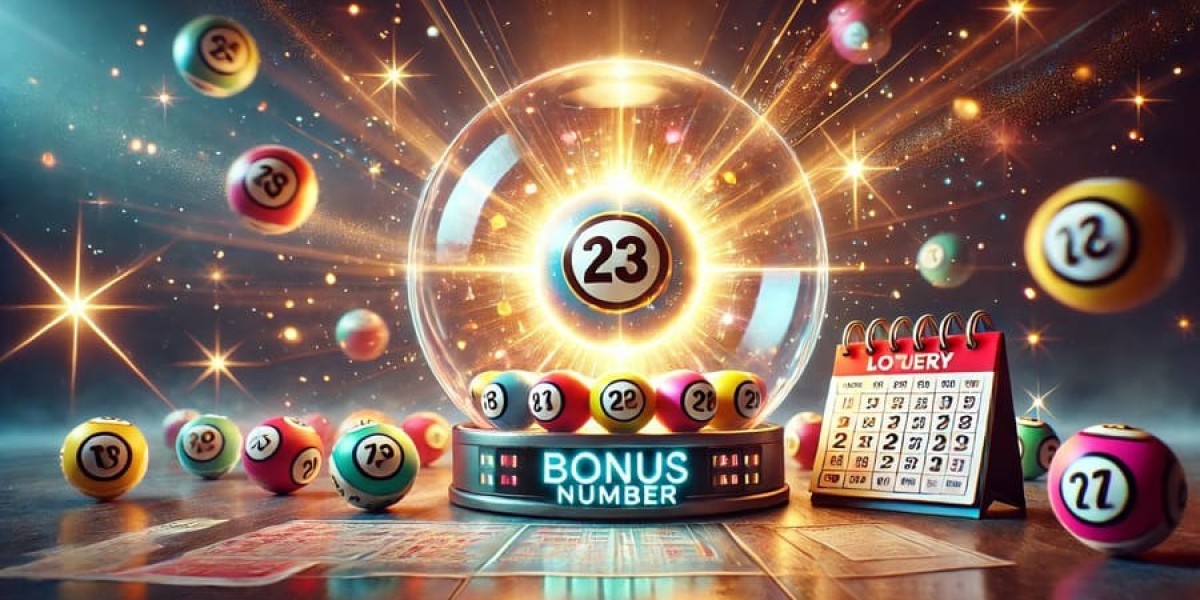When a player lastly lands that coveted successful ticket, it’s simple to assume they're set for all times. However, statistics inform a unique story.
When a player lastly lands that coveted successful ticket, it’s simple to assume they're set for all times. However, statistics inform a unique story. Many lottery winners have been reported to face monetary difficulties shortly after their win, typically because of lack of economic literacy, sudden life-style adjustments, and pressures from family and pals. A survey carried out by the National Endowment for Financial Education illustrates that just about 70% of lottery winners end up broke within a couple of years after successful. This highlights the significance of financial planning and consulting professionals who specialize in managing newfound wealth. Winning the lottery can indeed change lives, but managing that change skillfully is what determines lasting security.
For anybody seeking to strive their luck at the lottery, adopting a sensible approach can improve the experience. First and foremost, understanding the rules and construction of the actual lottery sport is essential. Develop a method that aligns with private preferences—whether it's selecting important numbers or choosing a purely random method. Always remember to play responsibly; lotteries are designed for entertainment, and the risks concerned must be acknowledged. Setting a price range for lottery spending might help mitigate the possibilities of overspending, creating a more pleasant experience. Finally, partaking with fellow gamers to share experiences can present contemporary insights and foster a way of neighborhood.
The psychology behind why individuals take part in lotteries is equally necessary. Buying a lottery ticket usually symbolizes hope for a greater future, fueling goals and aspirations. However, understanding cognitive biases—such as overconfidence in one’s likelihood to win—can diminish the rational approach to lottery play. By applying psychological insights, gamers can steadiness excitement with practical expectations, permitting them to benefit from the experience while keeping financial impulses in examine.
The frequency of quantity selection is another critical side of
Lotto Program statistics analysis. Players usually develop private methods based on their interpretations of quantity frequency. For instance, if a quantity is frequently drawn, some might argue that it is due to chances, whereas others may choose to avoid it, believing it to be ‘due’ for a miss. Such beliefs highlight the psychological elements of playing. Many players choose vital dates, such as birthdays or anniversaries, which limits their quantity choice to 1-31. This choice can unintentionally prevent them from choosing larger numbers in lotteries that enable much bigger swimming pools, corresponding to 1-49 and even higher ranges. Understanding the broader quantity range’s frequency and employing a strategic strategy to incorporate more high-value numbers could improve one's successful potential.
While the thought of successfully predicting lotto numbers can be attractive, it is important to embrace the experience of enjoying the lottery itself. This form of entertainment provides a singular mix of anticipation, hope, and community involvement. Whether gamers select to employ statistical methods, depend on personal beliefs, or make the most of cutting-edge technology, the lottery presents a chance to dream massive. Understanding the odds, acknowledging the restrictions, and having fun with the excitement of every draw are what make the world of lotto both intriguing and worthwhile.
Lotteries are available numerous types, ranging from conventional draw games to instant-win scratch playing cards. The most common formats include state lotteries, multi-state lotteries, and international games. State lotteries are often operated by individual state governments, creating video games similar to Powerball and Mega Millions. Multi-state lotteries involve individuals from a number of states, providing bigger jackpots because of the combined ticket gross sales. The odds of successful differ substantially among these totally different sport varieties. For instance, the odds of successful the Powerball jackpot are roughly 1 in 292 million, which indicates that whereas the allure of a massive jackpot exists, the chances of hitting it are incredibly slim. Understanding these formats and their respective odds immediately influences how gamers should approach their tickets.
With the rise of technology, the sector of
Lotto Auto Number statistics evaluation is regularly evolving. Data science plays an more and more essential position, as analysts harness big information to assess participant conduct and number patterns. Advanced algorithms can predict tendencies based mostly on historical information, synthesizing information into significant insights. Moreover, apps and on-line platforms now offer real-time analytics, allowing avid gamers to stay forward of the curve. These technological tools present players with an edge, remodeling the lottery experience from merely a recreation of probability to 1 bolstered by insightful data. As we look to the longer term, the continuing integration of know-how in
Lotto statistics will probably yield even more refined methods of research, revolutionizing how gamers approach these games.
 Can The Aviator Game Lead to Riches? Wagering Methods and Winning Techniques
द्वारा carolmaupin05
Can The Aviator Game Lead to Riches? Wagering Methods and Winning Techniques
द्वारा carolmaupin05How Pornstar UK Kayleigh Wanless Influenced My Life For The Better
द्वारा kayleighwanless9622 Купить диплом о высшем образовании.
द्वारा rosemariekraje
Купить диплом о высшем образовании.
द्वारा rosemariekraje Things you Need to Understand About Rafting Adventures
द्वारा cyadebbie55217
Things you Need to Understand About Rafting Adventures
द्वारा cyadebbie55217 Купить диплом.
द्वारा lolaj13932830
Купить диплом.
द्वारा lolaj13932830


